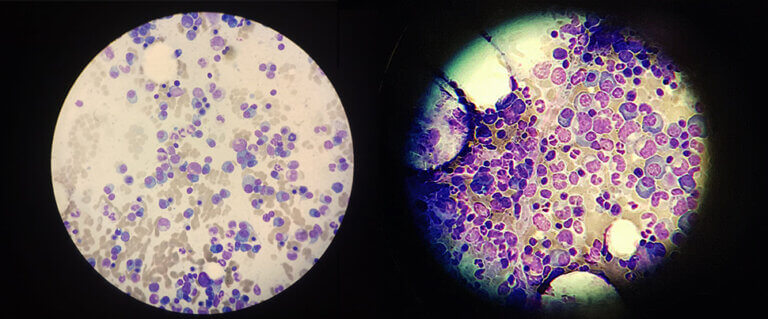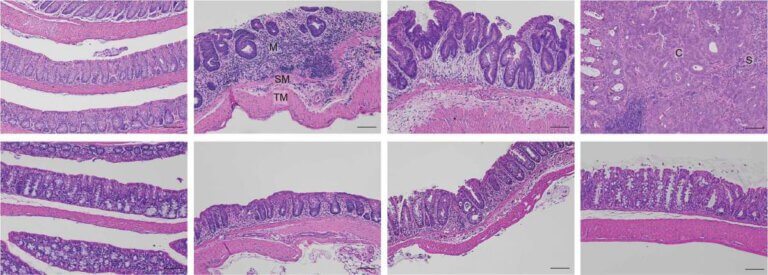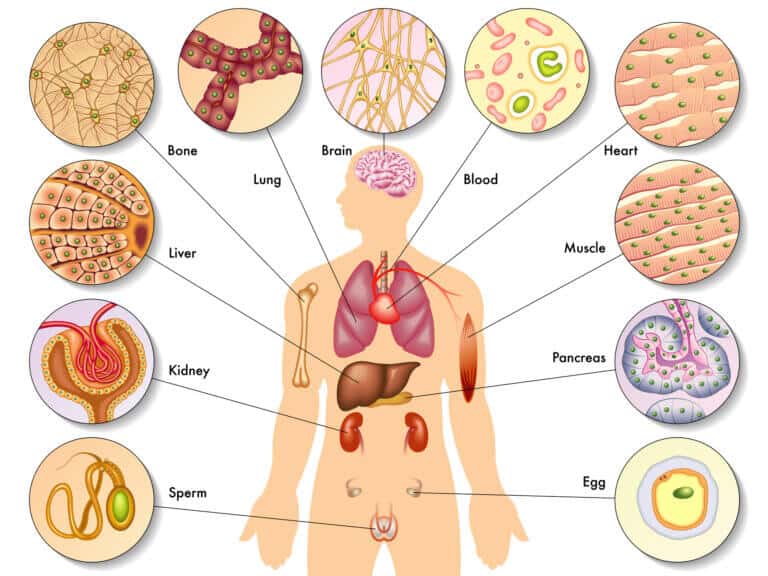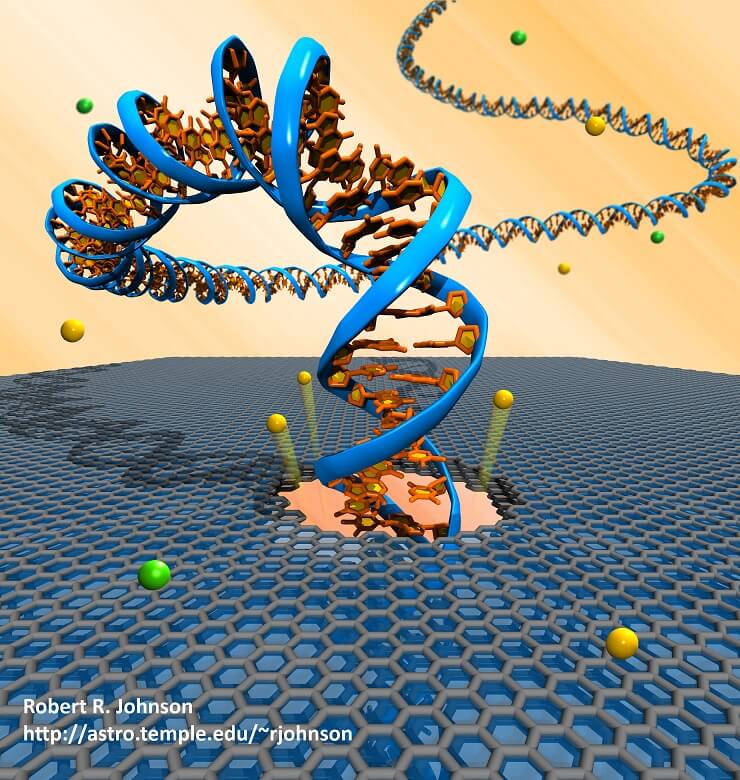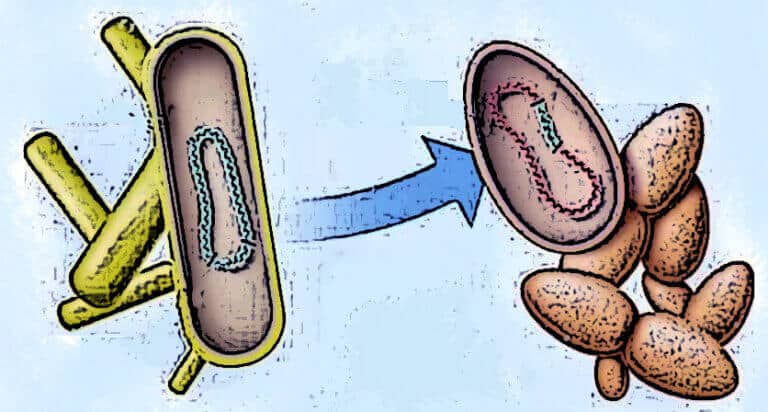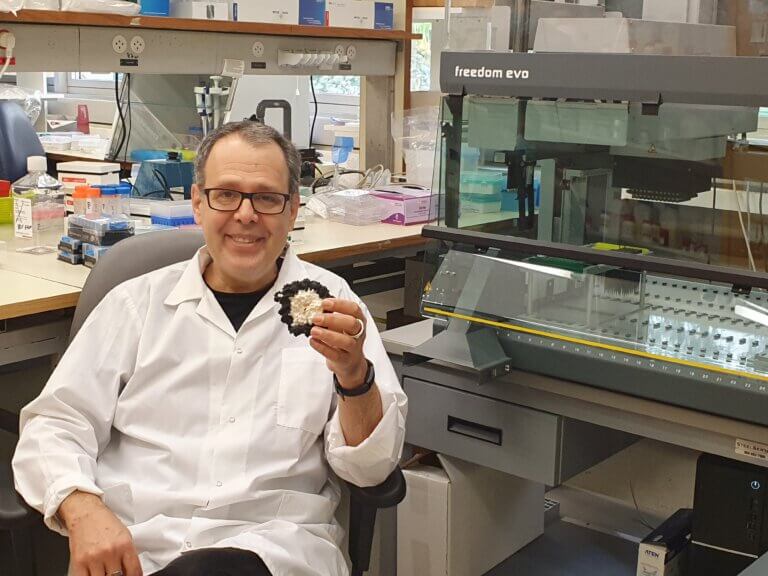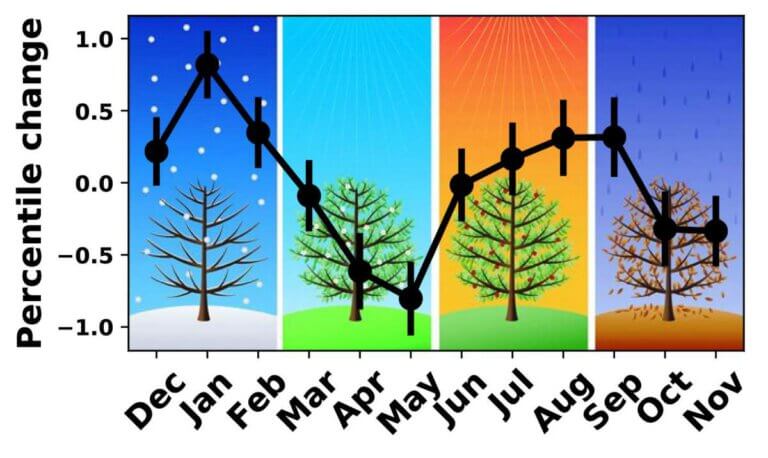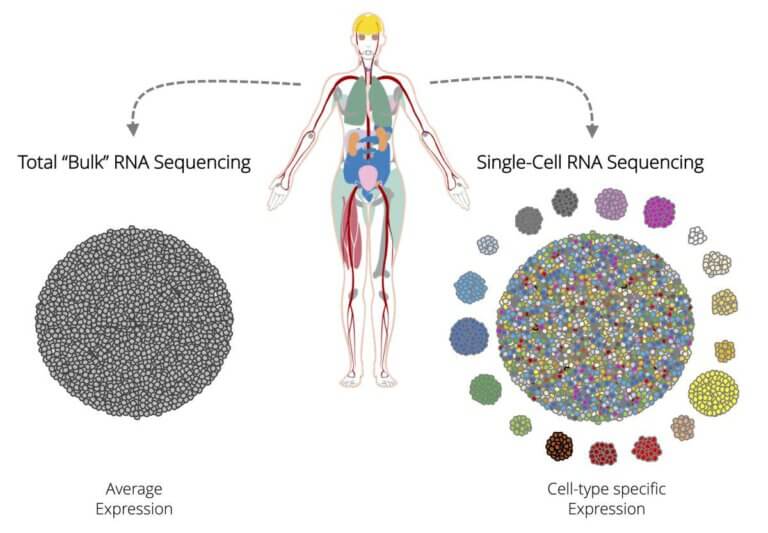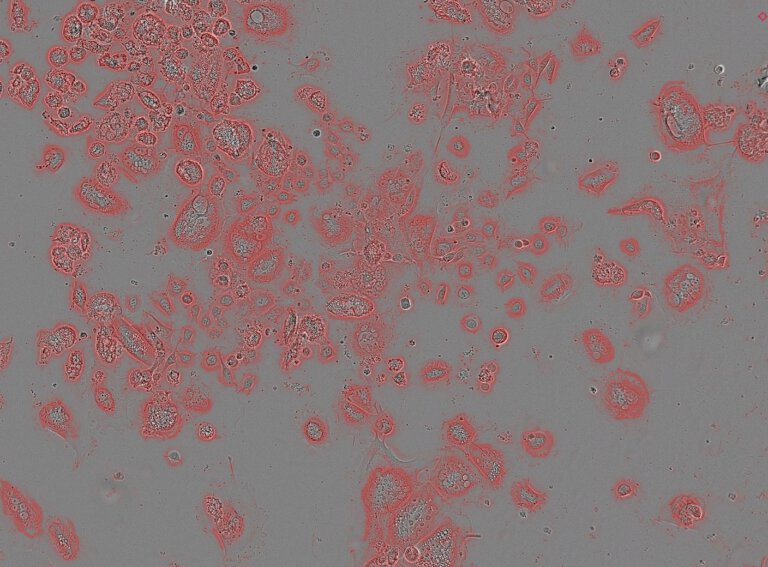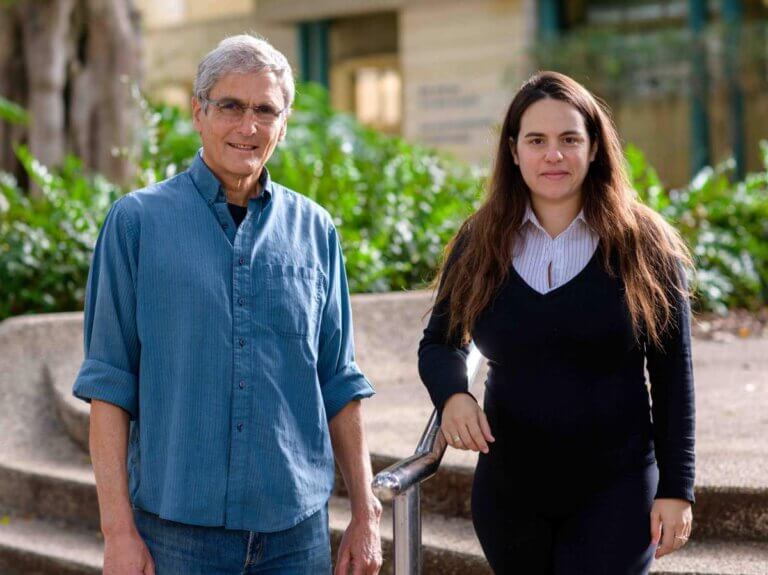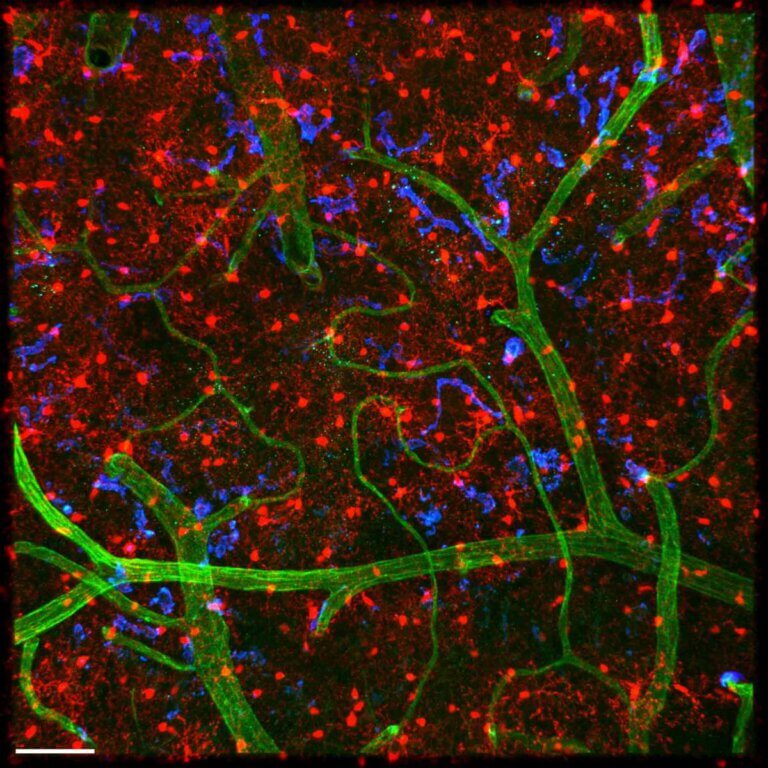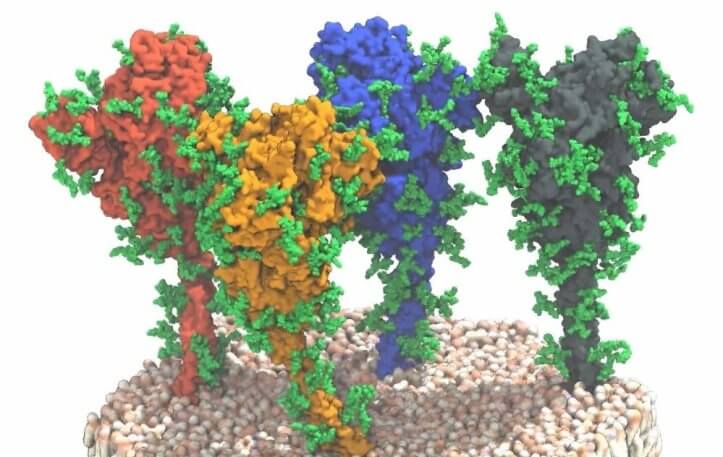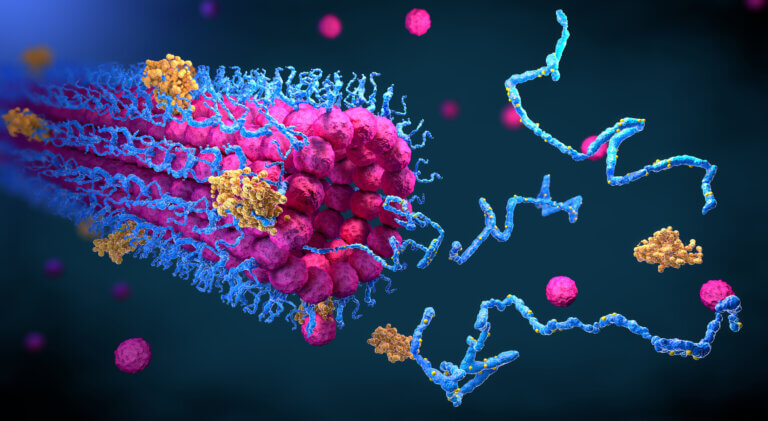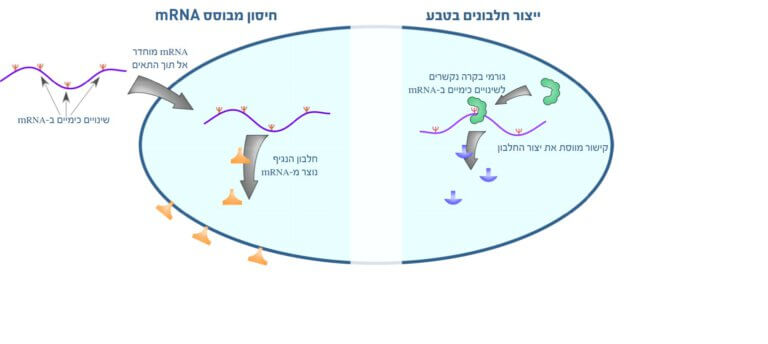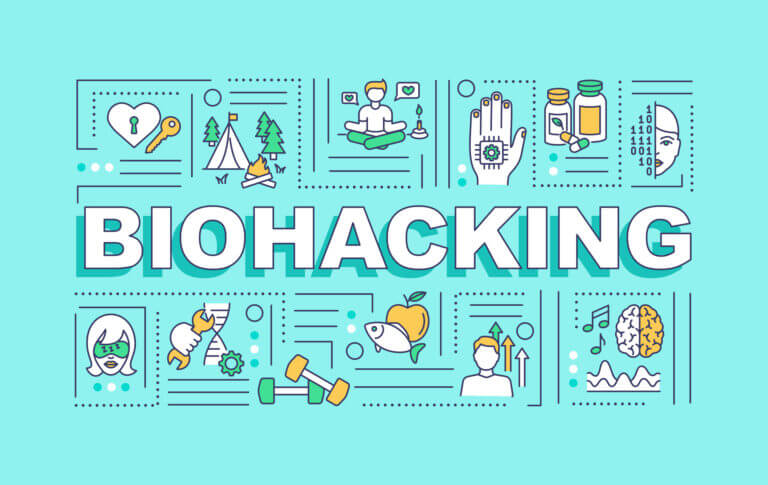Hayadan > Biology and Medicine > Genetics > Page 10
Genetics
- Weizmann Institute
- February 23, 2021
From the patient's bed to the laboratory and back: collaboration between the institute's scientists and doctors in Ichilov may lead to personalized treatments for multiple myeloma patients, who do not respond to drugs - and paves the way for personalized treatments in other types of cancer
- Weizmann Institute
- February 21, 2021
- Weizmann Institute
- February 17, 2021
Weizmann Institute of Science scientists have mapped the rate of regeneration of our body * Every year and a half we produce 50 kilograms of cells, as the average weight of the cells in our body
- Weizmann Institute
- February 16, 2021
- No comments
The tentacles, relatives of the mosquitoes, have a strange wedding custom, they choose their spouse in a huge swarm of tentacles and yet continue to stick together. A new study managed to decipher the phenomenon
- Haifa University
- February 14, 2021
- No comments
Since most of the drugs today work by activating or blocking receptors, the new method has the ability to significantly shorten the drug production process
- Avi Blizovsky
- February 10, 2021
- No comments
This is according to the decision of the Wolf Prize Committee for 2021 in medicine. The judges' announcement stated that these scientists made breakthrough discoveries in the mechanisms that regulate RNA and demonstrated that RNA is not a passive template between DNA and protein but plays a dominant role in regulating and diversifying genetic expression
- Weizmann Institute
- February 6, 2021
Through "evolution in vitro" experiments, Weizmann Institute scientists have shown what happens when bacteria copy genetic information from their neighbors
- The Hebrew University
- February 5, 2021
- Weizmann Institute
- February 4, 2021
Analysis of millions of Israelis' blood tests reveals hormonal fluctuations affected by the calendar
- Weizmann Institute
- January 29, 2021
From the brain to the adrenal glands - scientists from the Weizmann Institute of Science and the Max Planck Institute have mapped the entire "stress axis" and shown how chronic stress affects and changes these tissues at the individual cell level. The scientists discovered a new subpopulation of endocrine cells involved in regulating the response to chronic stress
- Tel Aviv University
- January 28, 2021
- No comments
Researchers from Tel Aviv University shed light on a 140-year-old mystery in an article published in Nature. The research shows for the first time how an abnormal number of chromosomes (aneploidy) - a unique feature of cancer cells that has been known to researchers for decades - can become a weak point of these cells. The research may in the future lead to the development of drugs that will take advantage of this weak point for targeted damage to cancer cells
- amcohen
- January 26, 2021
This is how bacteria turn the cells of the immune system into an all-inclusive hotel: bacteria swallowed by macrophages sometimes succeed not only in surviving but even thriving inside them, as if they were incubators that help spread the infection in the body - and not soldiers in the service of the immune system
- Weizmann Institute
- January 23, 2021
- Weizmann Institute
- January 17, 2021
- Weizmann Institute
- January 13, 2021
In degenerative brain diseases, Alzheimer's for example, there is an overactivity of the representatives of the immune system in the brain. Weizmann Institute of Science scientists have revealed the mechanism that allows these cells to return to normal
- Tel Aviv University
- January 7, 2021
- Dr.Roey Tsezana
- January 2, 2021
If they had to choose the outstanding scientific development of 2020 it would undoubtedly be an mRNA-based vaccine. Dr.Roey Tsezana explains
- The Technion
- January 1, 2021
Technion researchers present new findings concerning the gradual damage to the protein control system during the aging period. The research published in PNAS - the journal of the National Academy of Sciences in the United States
- Weizmann Institute
- December 31, 2020
On time, message transmission and quantum phenomena
- The Technion
- December 30, 2020
- No comments
- Weizmann Institute
- December 27, 2020
- Tel Aviv University
- December 26, 2020
- Weizmann Institute
- December 25, 2020
Prof. Ilan Koren: "Even if we stop polluting the beaches tomorrow morning, we are expected to see more and more microplastic particles emitted into the atmosphere - since it takes time for the plastic waste that has already found its way to the sea to break down into particles"
- Ben-Gurion University
- December 21, 2020
- 2 תגובות
Cyber researchers from Ben-Gurion University of the Negev warn of a cyber attack that could mislead biologists and cause them to produce dangerous toxins in their laboratories
- Yoram Soreq
- December 18, 2020
- 4 תגובות

